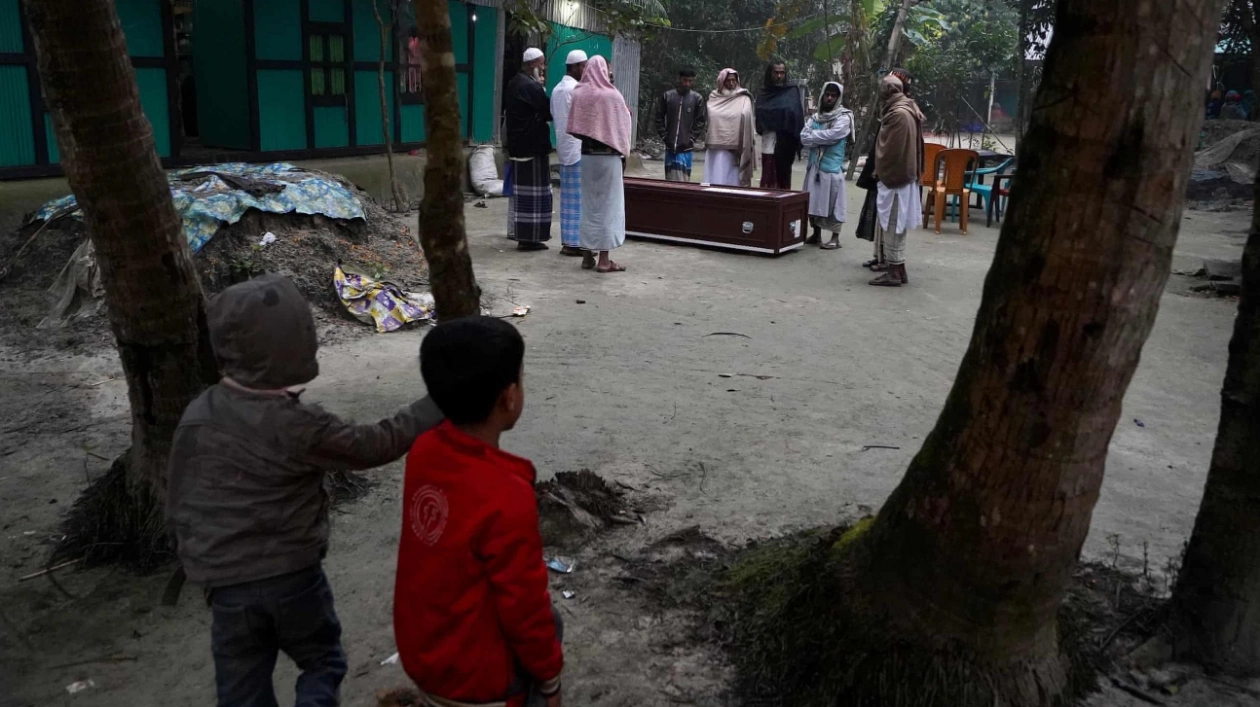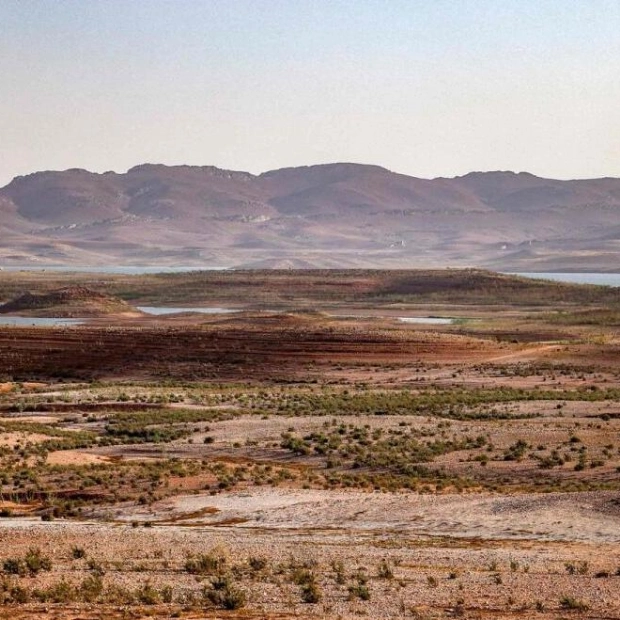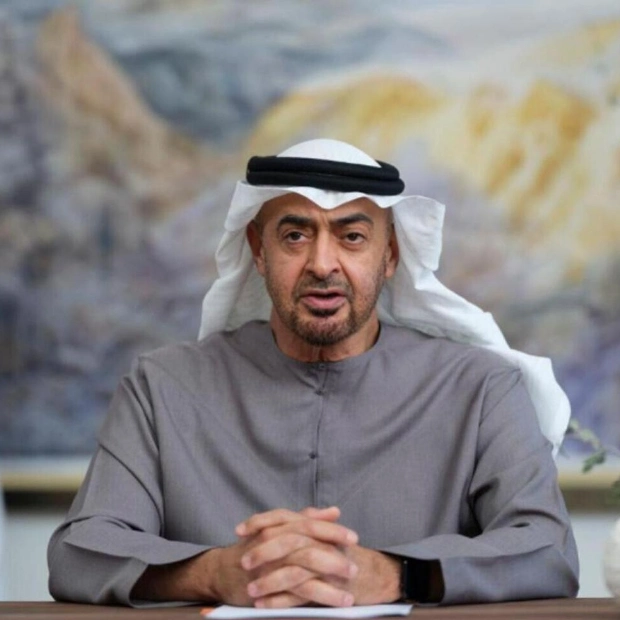When Shahadat left his village in Bangladesh for Saudi Arabia, his sole motivation was to provide for his struggling family. "If he sent money home, his family would eat. If he didn’t, they wouldn’t," shared a relative. For years, he barely made ends meet, sending small amounts of money back home while trying to repay the massive debt he incurred to cover the illegal fees charged by a recruitment agent to secure his journey to Saudi Arabia.
However, his situation began to deteriorate. An employer failed to renew his residence permit, leaving him undocumented. His health deteriorated, but his irregular status made it nearly impossible to access medical care. He struggled to find work, and instead of sending money home, he had to borrow more just to survive. Desperate, he took on construction jobs in exchange for only food and shelter.
Shahadat’s journey tragically came to an end one day. "I called him, and his roommate said he was sleeping," recounted his wife, Rojina. "When they tried to wake him, they found he was dead." Shahadat’s death is one of many stories shared with the Guardian during an investigation into the high number of unexplained deaths of Bangladeshi migrant workers in Saudi Arabia.
On average, four Bangladeshis died in Saudi Arabia every day in 2022. While it’s unclear if this death rate is within the expected range given the approximately 2 million Bangladeshis in the country, Saudi Arabia’s ambitious plans for the 2034 World Cup are likely to increase the demand for workers like Shahadat. Over the past months, human rights groups have raised concerns about the alleged abuse of migrant workers and the risks of awarding the World Cup to Saudi Arabia, with Amnesty International warning, "migrant workers will face exploitation, and many will die."
The grim reality of these deaths was starkly evident at Dhaka’s international airport last year, where grieving families collected the coffins of their loved ones. Shahadat’s coffin was transported by ambulance to his village, a three-hour drive from Dhaka. Despite the late hour, over 100 villagers gathered to receive him. Every household in his village had someone working abroad, and Shahadat’s death deeply affected them all.
This heartbreaking scene is repeated frequently across Bangladesh. At least 13,685 Bangladeshis died in Saudi Arabia between 2008 and 2022, according to government records. Most of these deaths remain unexplained and unexamined, making it difficult to determine the underlying causes. Experts attribute the harsh living and working conditions as likely contributing factors. "I think the mental pressure of not having the right documents, not having a job, and dealing with his debts all played a part in his death," said Rojina.
Saudi Arabia thrives not only on oil but also on cheap labor. Millions of workers from Bangladesh, India, Pakistan, Nepal, and beyond come to the country. They will construct the 11 new stadiums, transport networks, and 185,000 hotel rooms needed for the World Cup. Without them, the tournament would not be possible.
Saudi Arabia’s human rights strategy, submitted as part of its World Cup bid, includes a list of measures to strengthen protections, such as "mandatory welfare standards." However, testimonies from Bangladeshi workers who have returned home suggest that abuse remains deeply rooted in the Gulf kingdom. At Dhaka’s airport, men like Abu Raihan appeared shell-shocked after being deported from Saudi Arabia in 2022, mostly for not having valid residence permits.
Raihan had to sell his land to pay the 430,000 taka (£2,800) recruitment fee for his work visa. He was promised a two-year contract but was left without a visa extension after 90 days. With no work and no food, he went to the police for help but was instead taken to a detention center. "I became illegal because of my employer, but the police did not take any action against him," he alleged.
Saudi Arabia’s Ministry of Human Resources and Social Development claims that "robust regulations and standards to safeguard workers’ rights" are in place. The ministry states that it "only repatriates those proven to have violated the work and residency regulations in the kingdom after taking all legal measures to verify their violations and coordinating with the embassies of their countries."
Source link: https://www.theguardian.com






